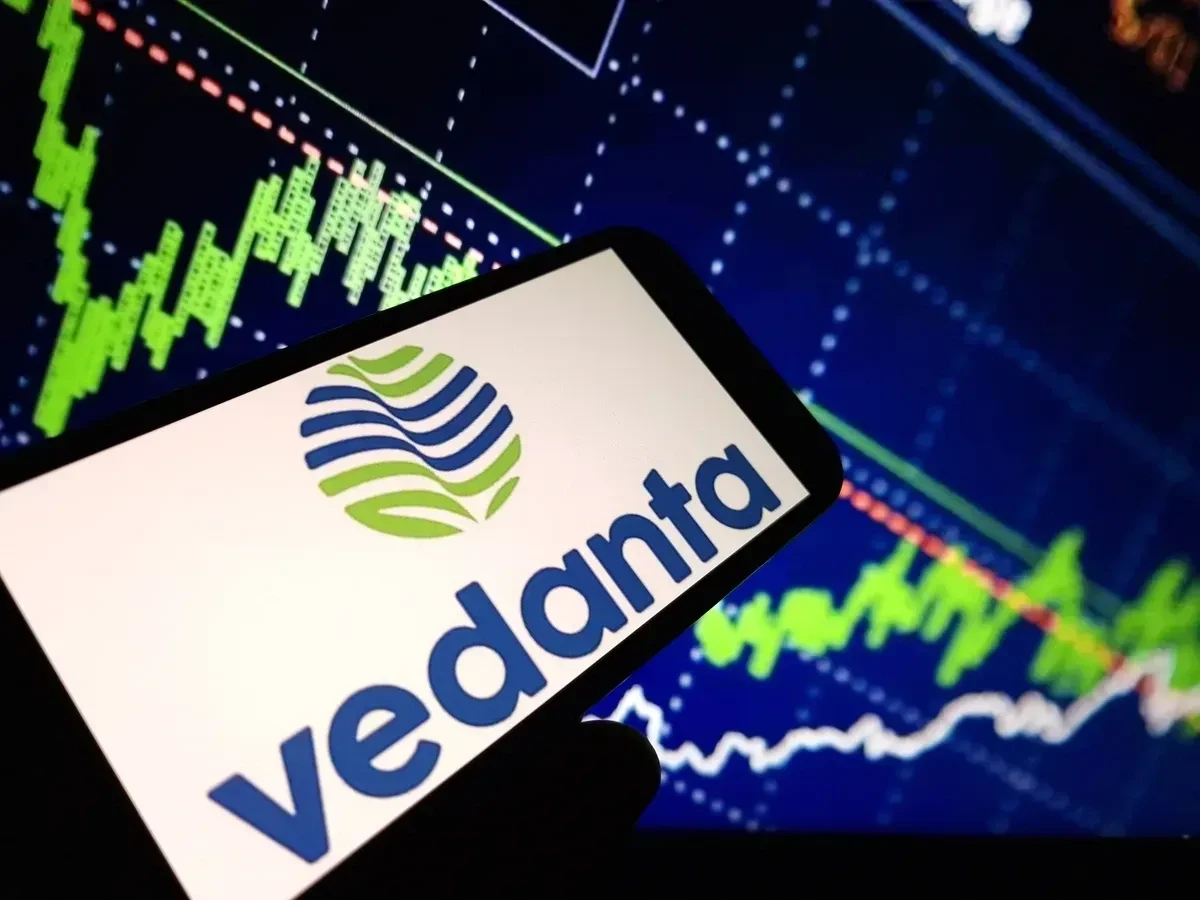Shares of billionaire Anil Agarwal’s Vedanta Ltd fell as much as 6% on Wednesday after short seller Viceroy Research released a damning report alleging the company’s parent, Vedanta Resources Ltd (VRL), is financially unsustainable and draining its listed subsidiary to stay afloat.
Vedanta stock later trimmed losses to close down 3.29% at ₹441.30 on the BSE.
What did Viceroy Research claim?
In its 85-page report released on July 9, Viceroy said it was shorting the debt stack of VRL, the parent and majority owner of listed Vedanta Ltd.
It described VRL as a “parasite holding company” with no significant operations of its own, dependent entirely on extracting cash from its operating subsidiary Vedanta Ltd, which it called a “dying host”.
“The entire group structure is financially unsustainable, operationally compromised, and poses a severe, under-appreciated risk to creditors,” Viceroy said.
What is shorting debt?
Shorting debt, or short selling of bonds, is a strategy where investors borrow bonds or other debt instruments, sell them at the current price, and buy them back later at a potentially lower price, profiting from the decline in value.
What are Viceroy’s main allegations?
Viceroy Research made several serious allegations, including:
Cash extraction: VRL systematically drains Vedanta Ltd’s cash flows to service its own debt, forcing the subsidiary to take on more leverage and eroding its value.
Ponzi-like structure: Viceroy likened the arrangement to a Ponzi scheme, stating that “VRL’s actions to meet short-term obligations directly impair creditors’ long-term ability to recover principal”.
Accounting discrepancies:
Bait and switch funding: Raising capital for large projects that are unaffordable, then funnelling it to the parent for debt servicing.
Interest expenses: Reported interest costs far lower than actual outflows.
Asset valuations: Inflated values across subsidiaries, with debts exceeding true worth.
CAPEX Fraud: Capitalising expenses to inflate profits and asset bases.
Off-balance sheet items: Billions in disputed, undisclosed expenses.
Governance failures: Systematic lapses in management and auditor independence.
What does Viceroy say about Vedanta’s demerger plan?
VRL’s proposed demerger of group companies to unlock value was dismissed by Viceroy as a cosmetic move that fails to address the core cash flow crisis. It warned that the demerged units would inherit unsustainable debt from inception.
“This fails to address the fundamental cash crunch and will saddle the resultant companies with unsustainable debts from their inception,” the short seller said.
“VRL is a financial zombie being kept alive by transfusions of cash from its subsidiary VEDL. The short thesis is not death by a thousand cuts: Any one of the multitude of risks we outline is sufficient to topple Vedanta’s already fragile, Ponzi-like structure,” it added.
What was Vedanta’s response?
Vedanta called the report “a malicious combination of selective misinformation and baseless allegations to discredit the Group.”
In a media statement, Vedanta said that the report was issued without contacting the company with the “sole objective of creating false propaganda.”
“It only contains compilation of various information – which is already in the public domain, but the authors have tried to sensationalise the context to profiteer from market reaction,” Vedanta said.
“In fact, to avoid any responsibility – authors of the report have added various disclaimers that the report has been prepared for educational purposes only and expresses their opinions and are not statements of fact,” it added.
How did Viceroy respond to Vedanta’s defence?
Viceroy posted on X: “In lieu of a response: Vedanta simply has outlined details of our legal disclaimer. This is the laziest response to any report we have published in our 8+ year history.”
It urged stakeholders to seek answers to its “valid, thoroughly referenced criticisms” at Vedanta’s upcoming AGM.
